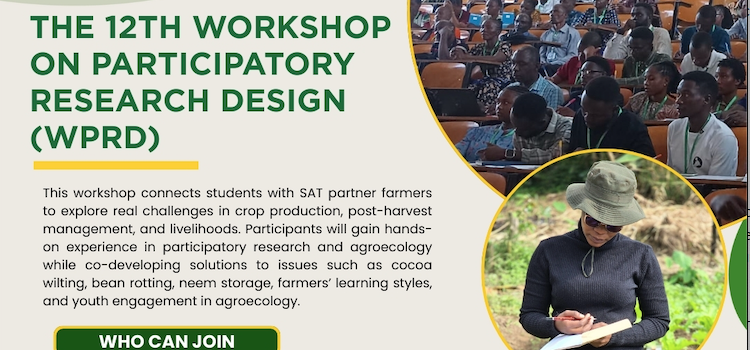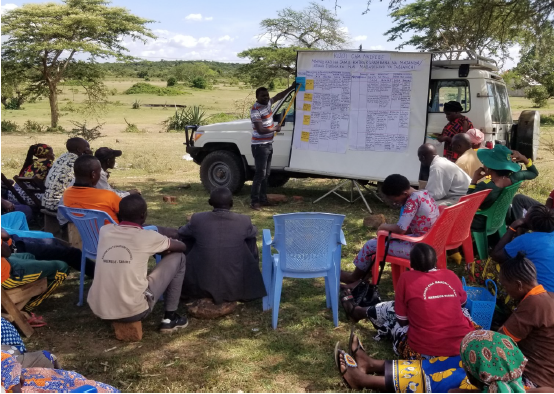Biopesticides Boost Maize Yields for Nzihi Village Farmer
.jpeg)
Harvests Under Threat
In Nzihi village, Iringa Region, pest control was often neglected – until infestations began causing serious losses in crop production. For years, farmers like 55-year-old Venansia Mbembe, a smallholder and member of the Umojani Nguvu group, endured season after season of poor maize harvests due to pest damage.
“I’ve farmed maize and sunflower for years,” Venansia shared. “But my maize yields kept getting worse. Sometimes the leaves would wilt; other times it was Fall Army Worms destroying everything. I didn’t use pesticides – they were too expensive, and my parents never used them either. I grew up watching them manage without.”
Bringing Change Through The Farmer Pastoralist Collaboration Project
This changed in early 2024 when Sustainable Agriculture Tanzania (SAT), through the Farmer Pastoralist Collaboration (FPC) Project, extended its activities to Nyamihuhu Ward in Iringa Region. Aurelia, a Farmer-to-Farmer (P2P) trainer and Nzihi village resident, was among those trained in organic agricultural practices. In September 2024, she returned to Nzihi to mobilize and train fellow farmers in environmentally friendly pest management.
Venansia joined the group after hearing about biopesticides – natural pest control solutions made from locally available plants such as neem, moringa, chilli, and marigold.
“I became interested when I heard that the biopesticides are made from plants we already have around us,” she said. “There was no need to spend money on expensive chemicals.”
After completing her training, Venansia prepared her own biopesticide mixture and applied it to her maize field.
“This season, even though the rains came late and temperatures were very high – conditions that usually encourage pest outbreaks – my maize wasn’t attacked. The cobs are full and healthy. I’m confident that my harvest will be much better than in previous years.”

Multiplying the Benefits of Biopesticides
Encouraged by her success, Venansia now uses biopesticides not only on maize, but also on sunflower and vegetable crops. The positive results have convinced her that organic solutions can be both effective and affordable.
Her experience highlights the potential of natural, low-cost farming methods to improve yields and strengthen food security. Through the FPC approach, farmers like Venansia are shifting away from chemical dependency and embracing sustainable alternatives that promote healthier crops, stronger communities, and a more resilient environment.
The FPC Project is kindly supported by the Biovision Foundation.







